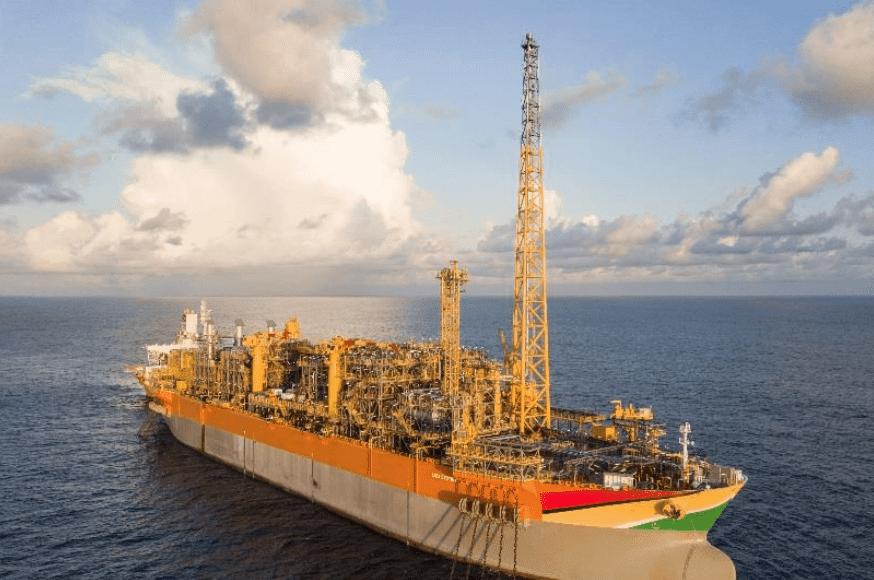ExxonMobil Guyana said on Wednesday that the upgraded and repaired discharge silencer of the third stage flash gas compressor and a new venturi were safely installed on the Liza Destiny FPSO. The first phase of testing was also successfully completed earlier this week.
“The flash gas compression system was started up on June 19 for the first testing phase and was shut down on June 28 in order to remove temporary probes and instrumentation. During the first testing phase we were able to reduce the flare to pilot level,” said Janelle Persaud, ExxonMobil Guyana Public and Government Affairs Advisor.
She said the second phase of testing will begin on July 4 and upon successful completion, the system is expected to continue into normal operation.
OilNOW understands that oil production is currently ongoing at the rate of 110,000 – 120,000 barrels per day.
In order to ensure the company remains in compliance with the Liza Phase 1 environmental permit, Persaud said it has applied to the Environmental Protection Agency (EPA) for approval to flare above pilot level for this extended period of equipment testing.
She reminded that a new redesigned flash gas compressor is being manufactured and is expected to arrive in the country during the fourth quarter of this year.
The EPA said in May that it had modified the environmental permit for Liza Phase 1 to ensure more stringent regulatory requirements are in place to address flaring in accordance with its legislation. It said the modified permit was issued to ExxonMobil Guyana on May 13 after being signed by both the company and the EPA.
The revised permit features modified terms and conditions relating to the emission reporting requirements, technical considerations for flaring, and timelines for flaring events.
Additionally, the revised Permit contains an obligation on ExxonMobil Guyana to pay for the emission of Carbon Dioxide (CO2 equivalent) as a result of flaring in excess of these timelines. That payment shall be made to the EPA and is calculated at the rate of US$30 per tonne of CO2e.



